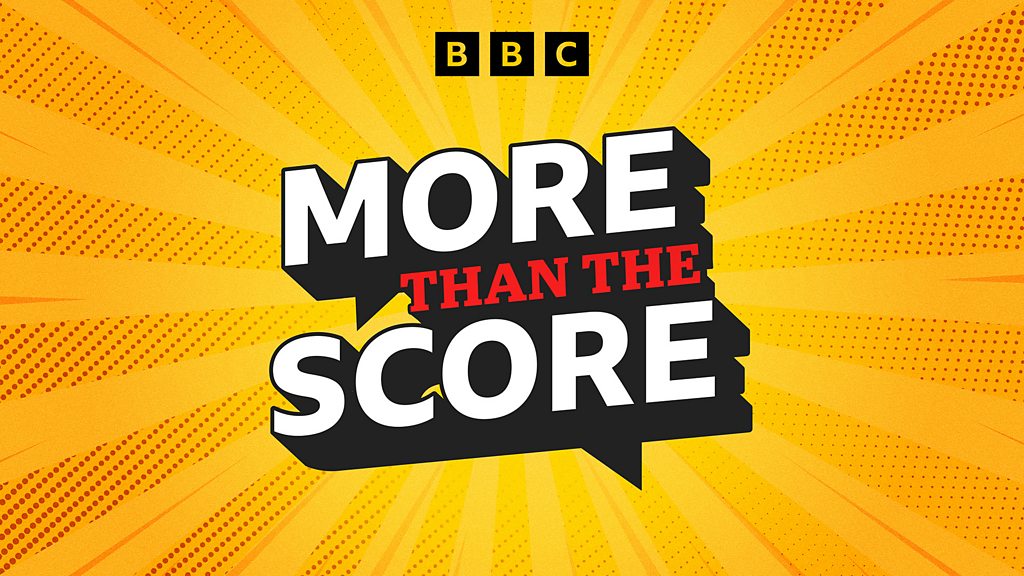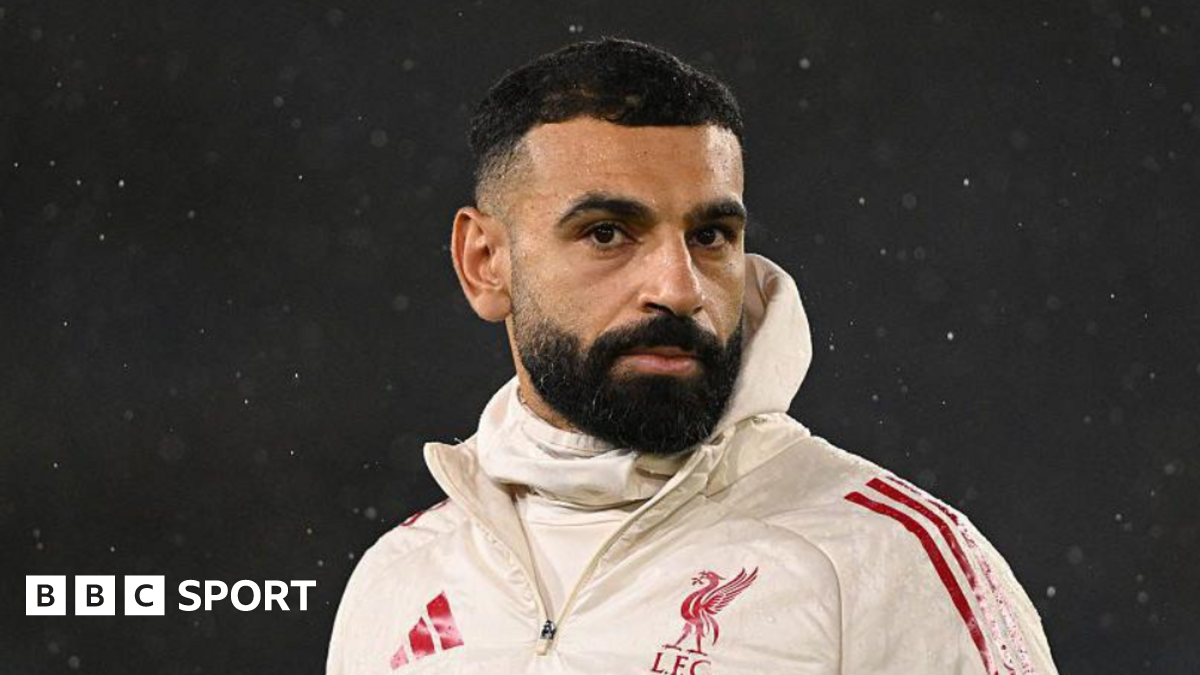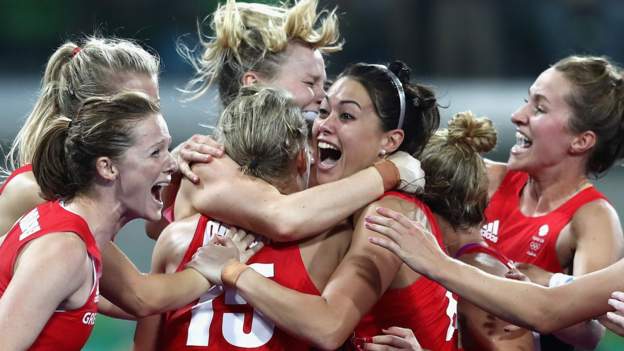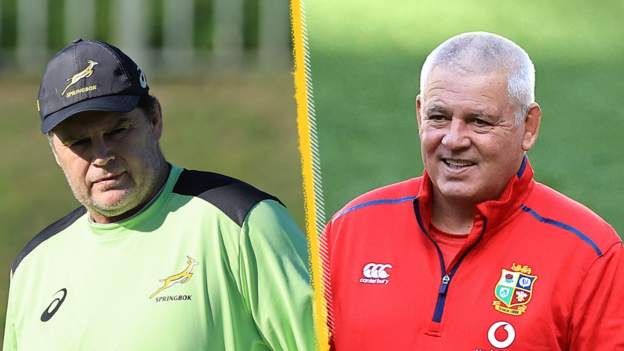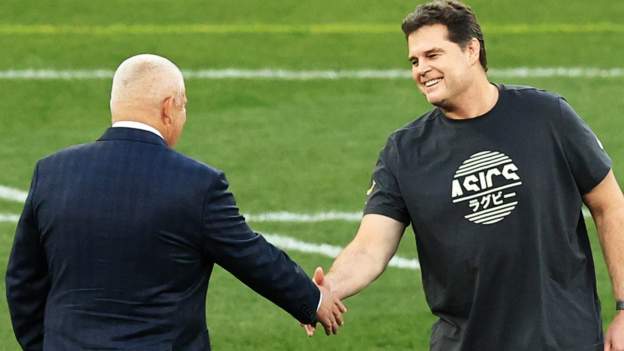UK Sport will focus future funding of Olympic and Paralympic sport on medal potential over a 12-year period instead of four.
In a significant shift from the existing model, which will continue until after the rescheduled Tokyo Games, this new strategy will apply to investments for Paris 2024 and beyond.
Simon Morton, the funding agency’s chief operating officer, said the new “progressive approach” is intended to produce success over a wider range of sports.
He said funding would not focus purely on medal potential.
“When it comes to the funding decisions that we take, things like an enhanced integrity system, more athlete support, better provision for mental health, those things will be the first names on the team sheet when it comes to our investments of funding,” he said.
“We will aim to support the development of the person as well as the performer and we will have an ambition that athletes leave the high performance system feeling richer for their experience, irrespective of whether they have succeeded on the field of play,” he told the Westminster Media Forum.
In 2004, UK Sport announced a “no compromise” pursuit of medals as the basis for its funding of elite sports.
But there have been mounting calls for this approach to be reconsidered, due to concerns over athlete welfare.
Outlining the changes to the strategy, Morton said: “Previously, for those that know the system, we considered sports based on their medal potential within four years.
“Subject to affordability, our new strategy will allow us to consider sports based on their medal potential within 12 years. That’s a big shift.
“So our strategy is still focused on creating medal-winning moments, and the public told us that they want that to continue, but it is a more progressive approach that recognises that broader success requires us to reach far deeper into the pathway.”
A recent survey by UK Sport found that only 49% of British Olympic and Paralympic athletes believe there are consequences to people behaving inappropriately within world-class programmes.
It also found 10% of respondents had experienced and/or witnessed inappropriate behaviour, down from 24% in 2018.
A number of athlete welfare scandals have engulfed sports governing bodies in recent years, most recently with several athletes raising allegations against British Gymnastics.
Morton said that one of the priorities of the new funding strategy would be on “how we win”.
“We are acutely aware of recent examples where athletes have been subjected to unacceptable behaviour and to mistreatment,” he said.
The strategy will rely on the outcomes of the anticipated Comprehensive Spending Review, which will look at public sector investments, and Morton said the intentions were dependent on “affordability”.




